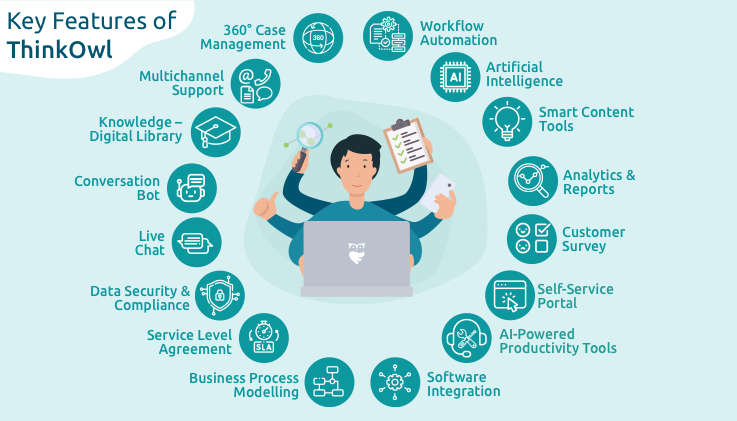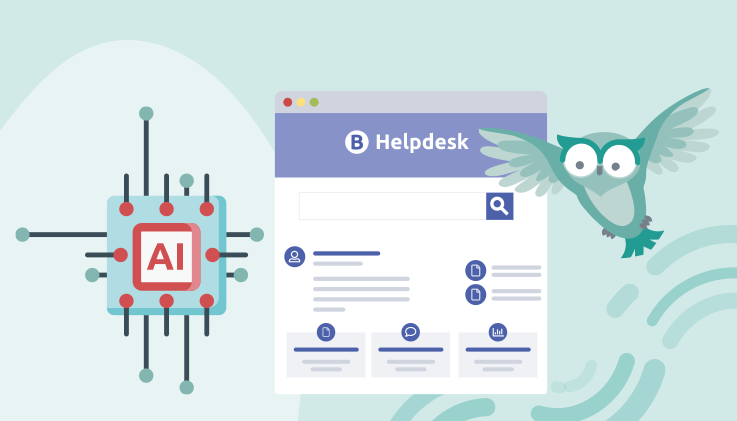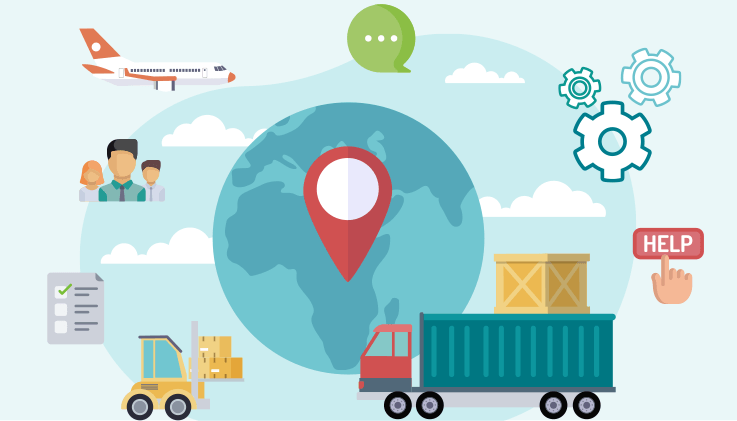Automate Your Customer Service With Event Triggers In ThinkOwl
Brands are cautious about how they treat their clients. To help customers in their journey, brands rely heavily on automation apart from various other support tools.
Business owners invest in market research and lean on marketing tools that increase customer satisfaction levels. In fact, customer retention strategies determine who becomes a market leader. Not surprising to see that retention strategies constitute a lion’s share of your budget.
Automation helps businesses readily serve customers, resulting in a massive increase in their client base and return on investment (ROI).
Adding to the treasure trove of automation in OwlDesk by ThinkOwl, Event triggers allow you to speed up customer issues by automatically carrying out certain predefined actions. In the long run, the smallest action can enhance customer satisfaction.








